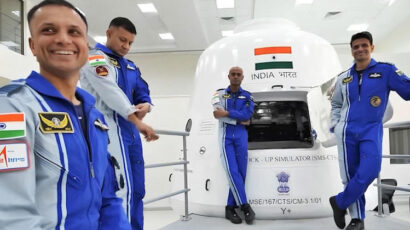Black gold to reduce global warming and to convert sea water to potable water

Utilizing the possibilities of Nanotechnology, researchers of Tata Institute of Fundamental Research have almost succeeded in developing a material from gold which can in fact absorb the excess heat and can also be used as a bio fuel. Known as black gold, this particular substance absorbs the carbon dioxide and sunlight in order to produce methane that can be used a bio fuel.
The substance can thus be an effective tool for reducing global warming and the possibilities of using this substance in various realms are immense. Though it was produced at a very low rate now, more research into the field will surely help develop better and financially feasible ways of producing this substance and thereby enhancing the environment. Produced from gold this substance was developed by altering the characteristics of gold at the nano level. Though produced from gold, the newly developed substance has neither the qualities nor the color of Gold. It was named Black Gold, owing to the black color it has.
The other characteristics of the substance like the melting point, strength and chemical properties are also different from gold. The black gold can absorb not only the visible spectrum but even the near infrared region of the sunlight. This property of the substance can be attributed to the process of plasmonic coupling and the difference in the size of the nano particles of the new substance.
Subsequently, even in normal temperature, black gold will be able to absorb carbon dioxide and sunlight to convert it into methane. The researchers are now trying to develop a tree like structure from this compound that will in fact help produce potential bio fuels and other useful chemicals from sunlight. At present, the rate of converting carbon dioxide into usable fuel is low. But with more research in the field, this will be possible in the near future. Researchers also claim that the nano-heater developed with this substance can also purify the sea water and convert it into potable water.















